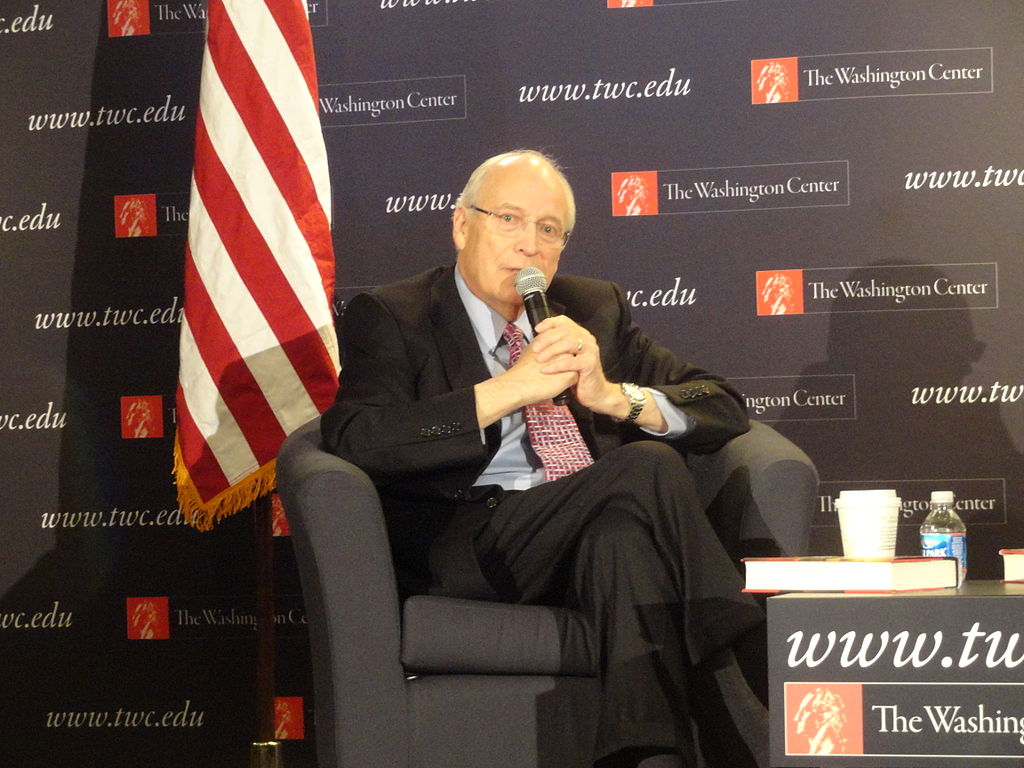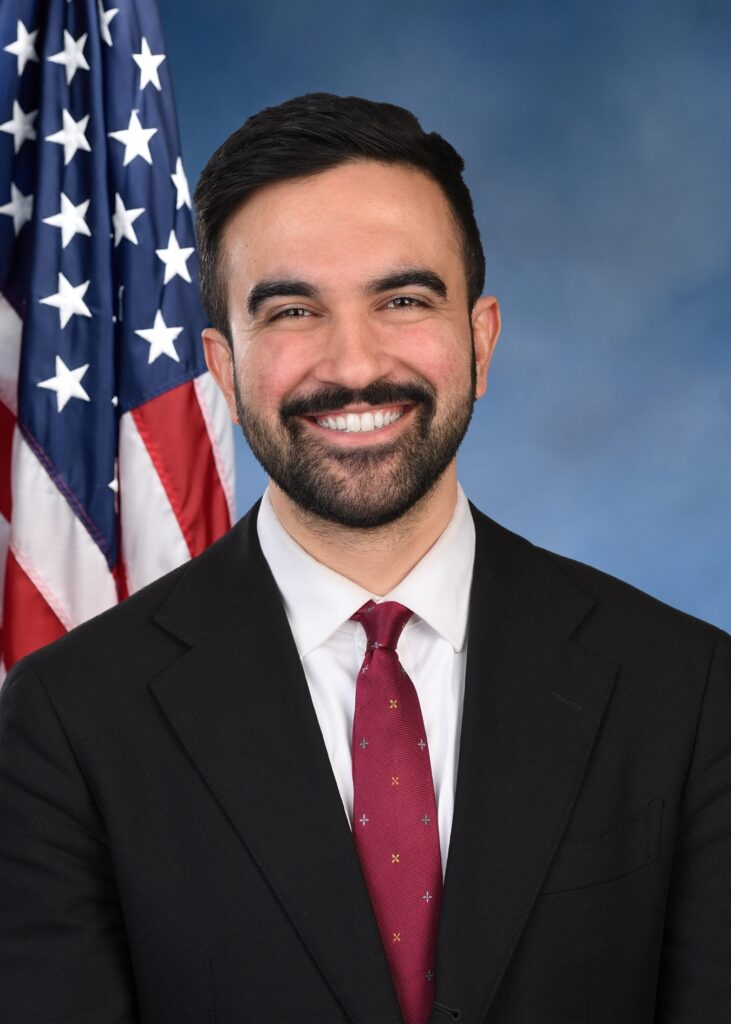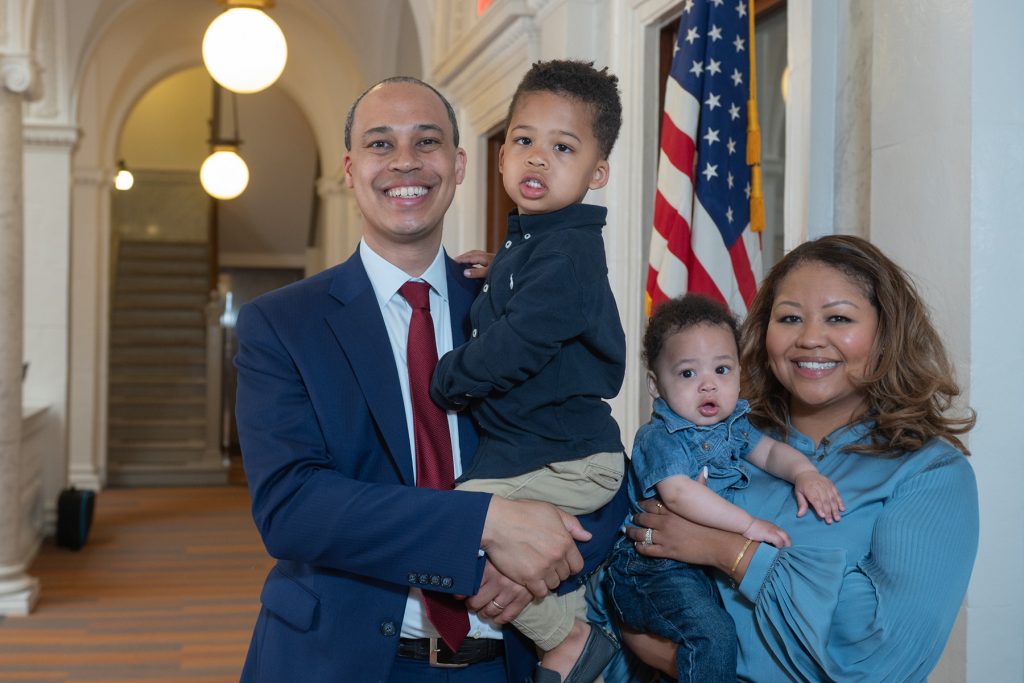Resilience in Silence: How Pennsylvania’s Supreme Court Election Became a Quiet Triumph for Democracy
In an election year dominated by noise — from heated mayoral contests to high-stakes attorney general races — the story of Pennsylvania’s Supreme Court might have been easy to overlook.
Yet, in its quiet way, the re-election of three justices to the state’s highest court tells one of the most profound stories of resilience this year — not of an individual politician, but of the institution of justice itself.
A Vote Few Expected to Matter, Until It Did
On November 4, 2025, Pennsylvanians went to the polls to decide whether three sitting justices — Christine Donohue, Kevin Dougherty, and David Wecht — should remain on the state’s Supreme Court. Each was serving a ten-year term first won in 2015.
The question on the ballot was simple: “Shall Justice [Name] be retained for an additional term?”
But beneath that simplicity lay enormous stakes.
Pennsylvania’s Supreme Court holds extraordinary power in the nation’s most pivotal swing state. It decides cases involving election law, redistricting, mail-in voting, reproductive rights, and more. The court’s past decisions have directly shaped national politics — including the certification of presidential results.
If any of the three justices had failed to win retention, the court’s 5–2 Democratic majority could have fractured, potentially leading to a deadlock in future election disputes.
What seemed like a routine “yes/no” judicial vote suddenly carried democratic gravity far beyond state lines.
The Hidden Tension Behind the Calm
Although retention elections are usually quiet affairs — judicial names buried deep in long ballots — this year’s campaign was different.
Political groups on both sides poured millions of dollars into ads, mailers, and outreach efforts. Conservative PACs framed the election as an opportunity to challenge “activist judges,” while progressive groups rallied to “protect democracy and judicial independence.”
It was one of the most expensive judicial retention fights in Pennsylvania’s history.
Through it all, the three justices largely avoided the spotlight, issuing limited statements and refraining from partisan back-and-forth. Their restraint was intentional — a signal that judicial integrity depends on quiet endurance, not campaign sound bites.
That, in itself, was an act of resilience.
Resilience Beyond the Political Lens
The word “resilience” often conjures images of political comebacks or personal adversity. But in Pennsylvania’s case, resilience took the form of institutional steadiness — the ability of democratic systems to hold firm amid waves of pressure.
Here’s where that resilience showed:
- Resilience of process: The judicial retention system worked as intended. Voters were informed, engaged, and ultimately upheld the principle that judges should be evaluated on merit, not partisan whim.
- Resilience of individuals: Justices Donohue, Dougherty, and Wecht faced years of scrutiny for rulings that angered both parties — yet they remained consistent in applying the law, trusting that accountability would come through process, not popularity.
- Resilience of democracy: In a climate where public faith in institutions is eroding, Pennsylvania’s judiciary showed that independence can still survive the pressure cooker of polarization.
As one political analyst noted, “The story here isn’t about Democrats or Republicans. It’s about a state quietly saying: we still believe in the rule of law.”
The Justices Behind the Bench
Each justice re-elected in 2025 carries a personal story that deepens this theme of endurance:
- Justice Christine Donohue, a former labor lawyer, has built her career on steady judicial craftsmanship and respect for precedent. She’s known for saying that “law isn’t loud, it’s lasting.”
- Justice Kevin Dougherty, with roots in Philadelphia’s working-class neighborhoods, has long championed fairness and judicial access — his background in family and juvenile courts shaped a focus on empathy over ego.
- Justice David Wecht, often outspoken in defense of judicial independence, has publicly acknowledged the pressures of serving in a hyper-politicized environment. His reelection, despite organized opposition, reflects both personal and institutional resilience.
These three justices — like the court itself — are not celebrated for charisma or campaign flair. Their triumph lies in consistency, quiet strength, and faith in the process.
Why This Quiet Win Matters
In a world increasingly addicted to political drama, the endurance of the Pennsylvania Supreme Court’s independence offers a rare reminder: resilience doesn’t always roar. Sometimes, it votes “Yes” quietly, line by line, box by box, in a booth.
This was not a victory born of slogans, but of steadfast professionalism and public trust.
By retaining its majority, the court remains a stabilizing force in a divided state. In the years ahead, it will likely face renewed pressure on cases involving elections, reproductive rights, and legislative authority. But for now, Pennsylvania’s judiciary stands firm — a pillar of continuity in a shifting political landscape.
Resilience as a Democratic Value
Resilience isn’t just a personal trait. It’s the hidden muscle of democracy — the strength of citizens who show up, of judges who stay principled, of systems that bend but do not break.
In Pennsylvania, that resilience took the form of three simple words on a ballot:
“Shall Justice be retained?”
And the voters’ answer — resoundingly, yes — became a quiet affirmation of faith in something larger than politics: the endurance of law itself.
Closing Reflection
While political headlines elsewhere may shout of scandal, rivalry, and victory speeches, Pennsylvania’s Supreme Court election whispers something different.
It tells us that sometimes the most meaningful acts of resilience happen not in rallies or debates, but in the silent moments when citizens choose stability over chaos.
Democracy, after all, doesn’t just survive on passion. It survives on persistence — on the quiet, disciplined resilience of people and institutions determined to keep faith with the rule of law.







